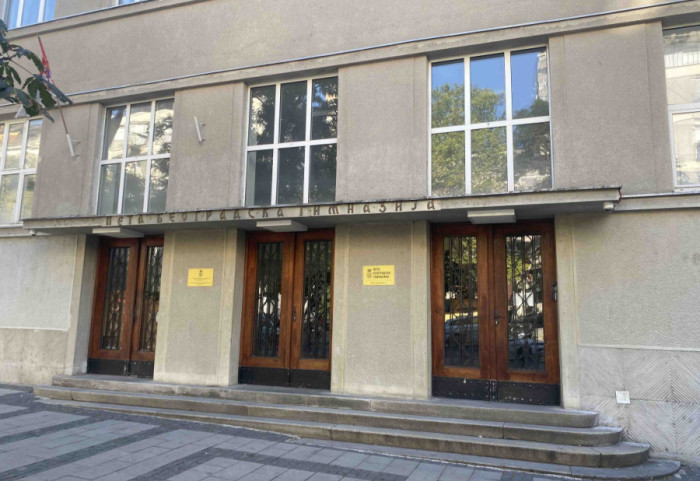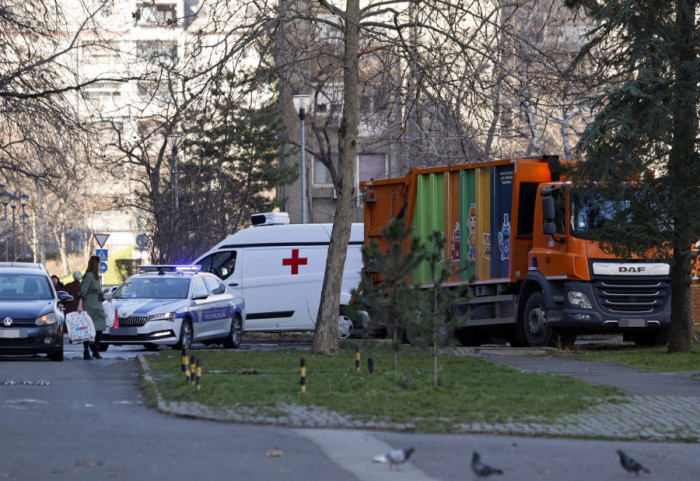The goal is to prevent the seizure of a person’s only home for debt collection.
Commenting on Serbian President Aleksandar Vucic’s initiative to prevent public enforcement officers from seizing citizens’ only homes through changes to the Constitution and the ZIO, Vujic pointed to the practice of the European Court of Human Rights in several rulings related specifically to guarantees of the right to a family home under the Convention.
Several of these rulings, he noted, concern Croatia – a country legally similar to Serbia – and they concluded that a person’s only home cannot be sold through a standard enforcement procedure without first establishing proportionality.
"This means it is necessary to determine whether the action is socially justified – whether minors are involved, whether there are milder measures or alternative ways to resolve the debt – so we can avoid a situation in which someone’s only home, protected under Article 8 of the European Convention, is sold," Vujic emphasized.
As he explained, the European Court requires a court decision in such cases that takes into account whether the debtor resides in the home with family, including minor children, whether they are in a state of social vulnerability or emergency, or whether individuals with disabilities live there.
"These are all parameters the court must examine before proceeding with the sale of someone’s only home due to debt. In other words, alternatives such as debt restructuring or wage garnishment must be considered first," said Vujic.
These are variations that must be taken into account, the minister noted, emphasizing that the European Court’s practice in such cases is very clear.
Preuzmite Newsmax Balkans aplikaciju:
Pratite nas na društvenim mrežama:




























Komentari (0)